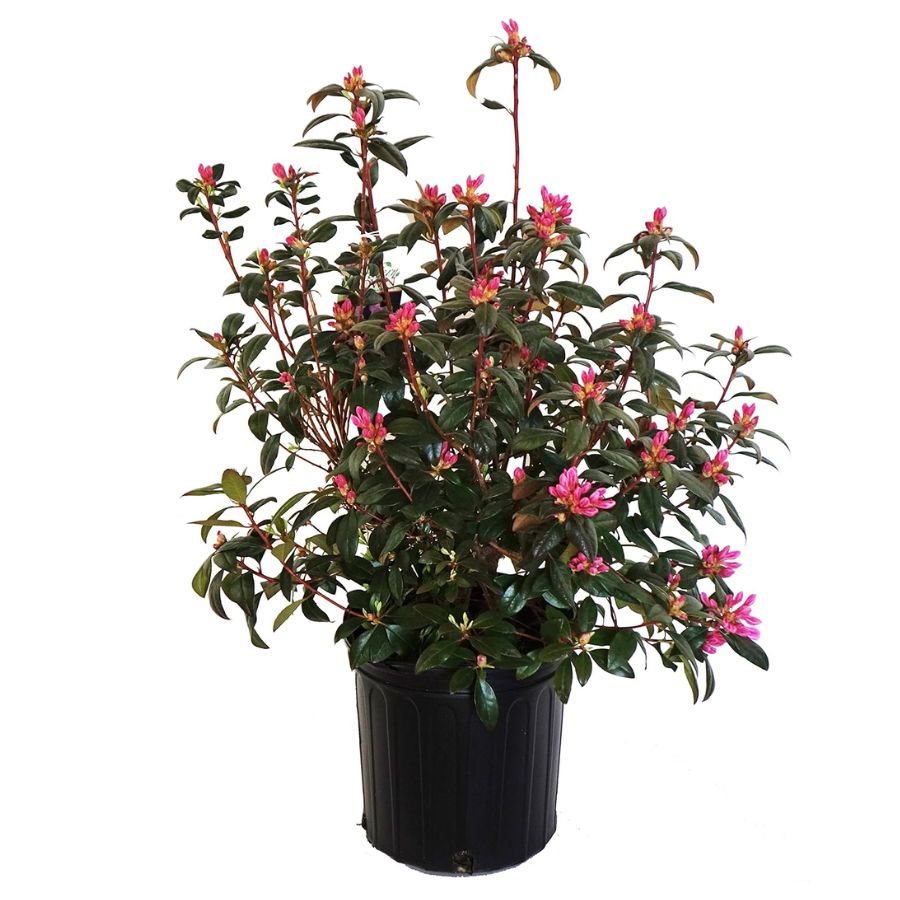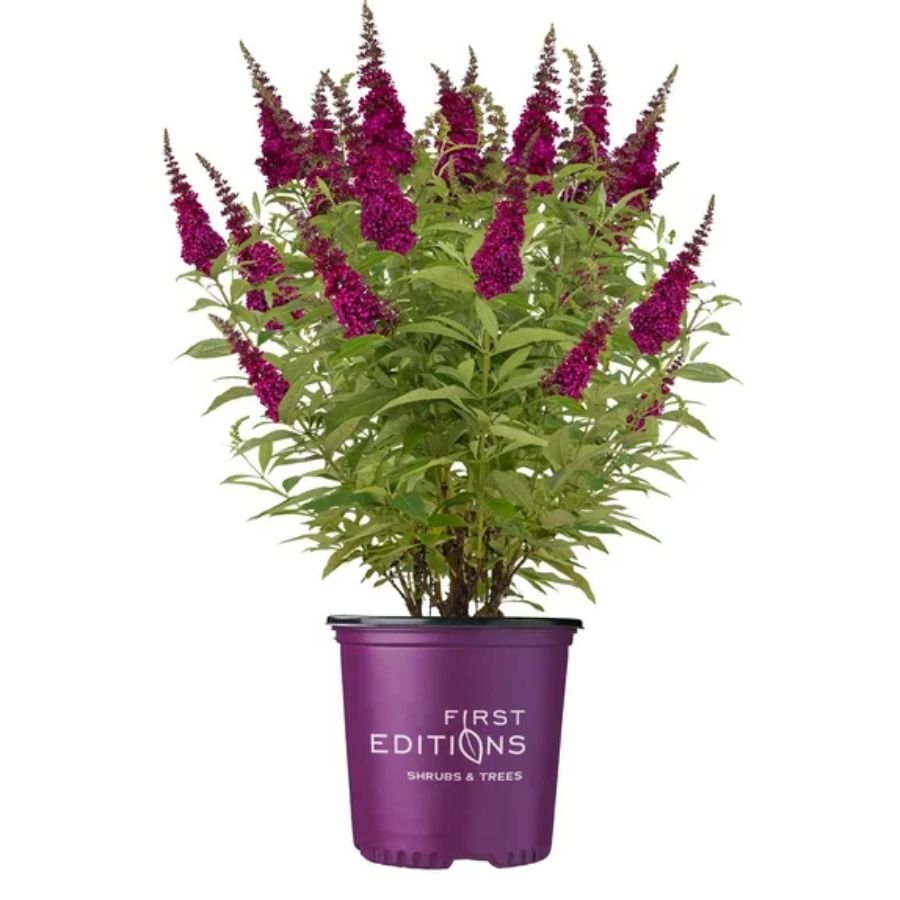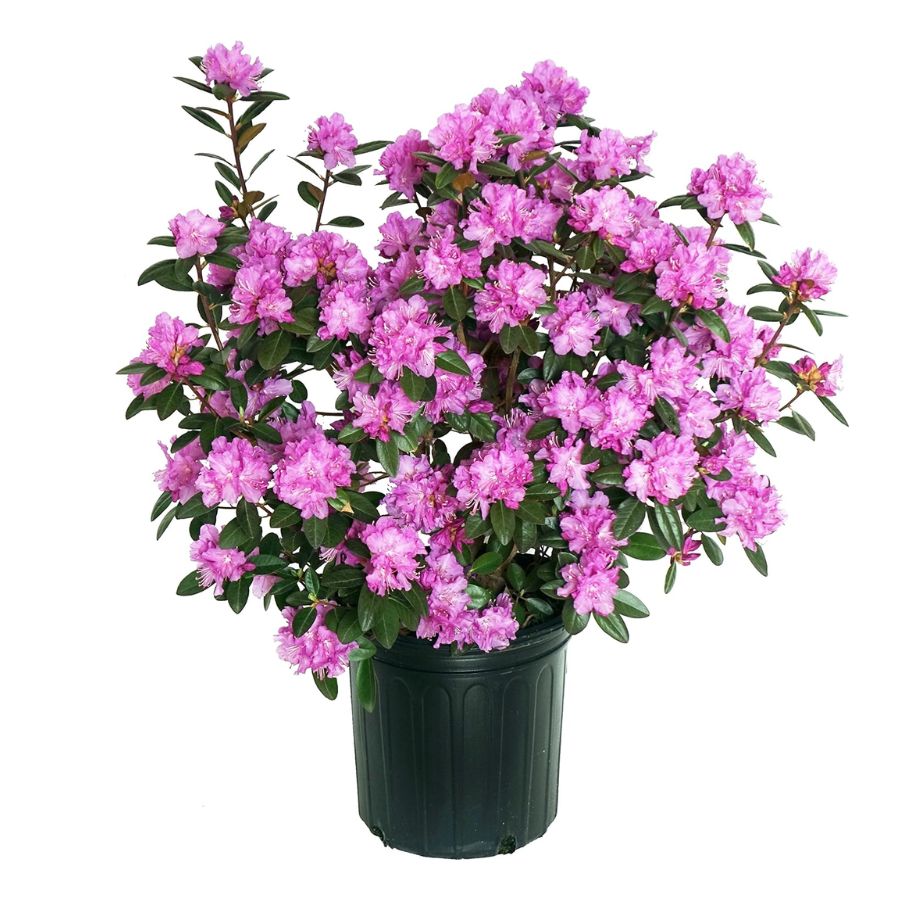What Plant Colors are the Most Calming for a Backyard? We Ask The Green-Thumbed Pros for Their Picks
Color can really impact the mood of your backyard, so to make sure you get the scheme right with perfect planters, we've asked the experts
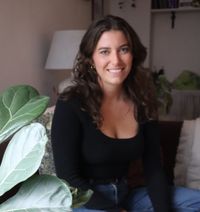
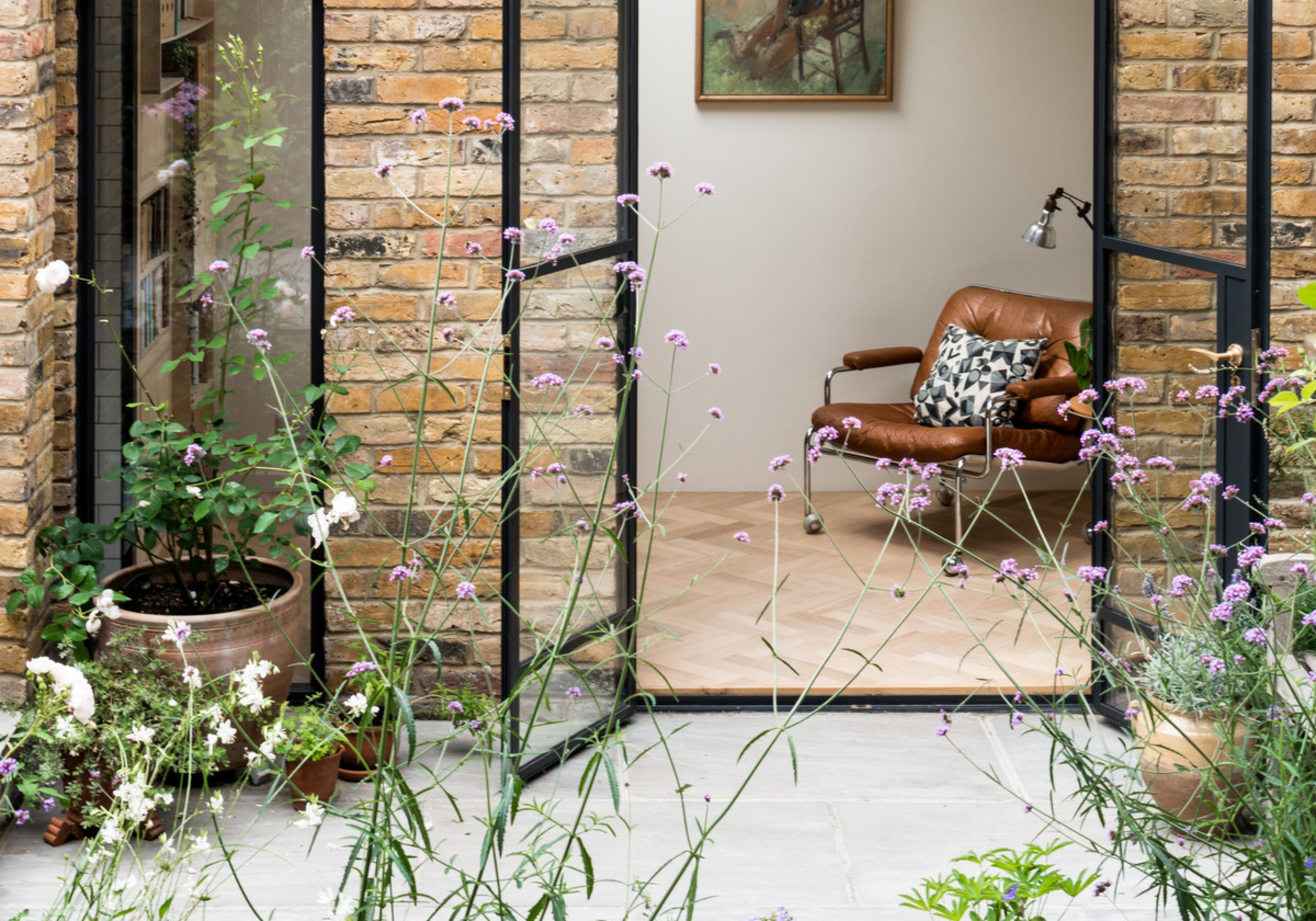
The Livingetc newsletters are your inside source for what’s shaping interiors now - and what’s next. Discover trend forecasts, smart style ideas, and curated shopping inspiration that brings design to life. Subscribe today and stay ahead of the curve.
You are now subscribed
Your newsletter sign-up was successful
Picking your backyard's color scheme is as important as deciding on your interiors, and whatever color plants and flowers you opt for can impact the mood and vibe of the space.
If you go for bright pops of color, your backyard will likely feel more vibrant, but there are some colors that the designers turn to time and time again to make their outdoor space feel like a peaceful and tranquil retreat. So what are they? And what are the plants that bring these tones of color to your garden? We ask the backyard experts for their favorite shades.
1. Try pops of white
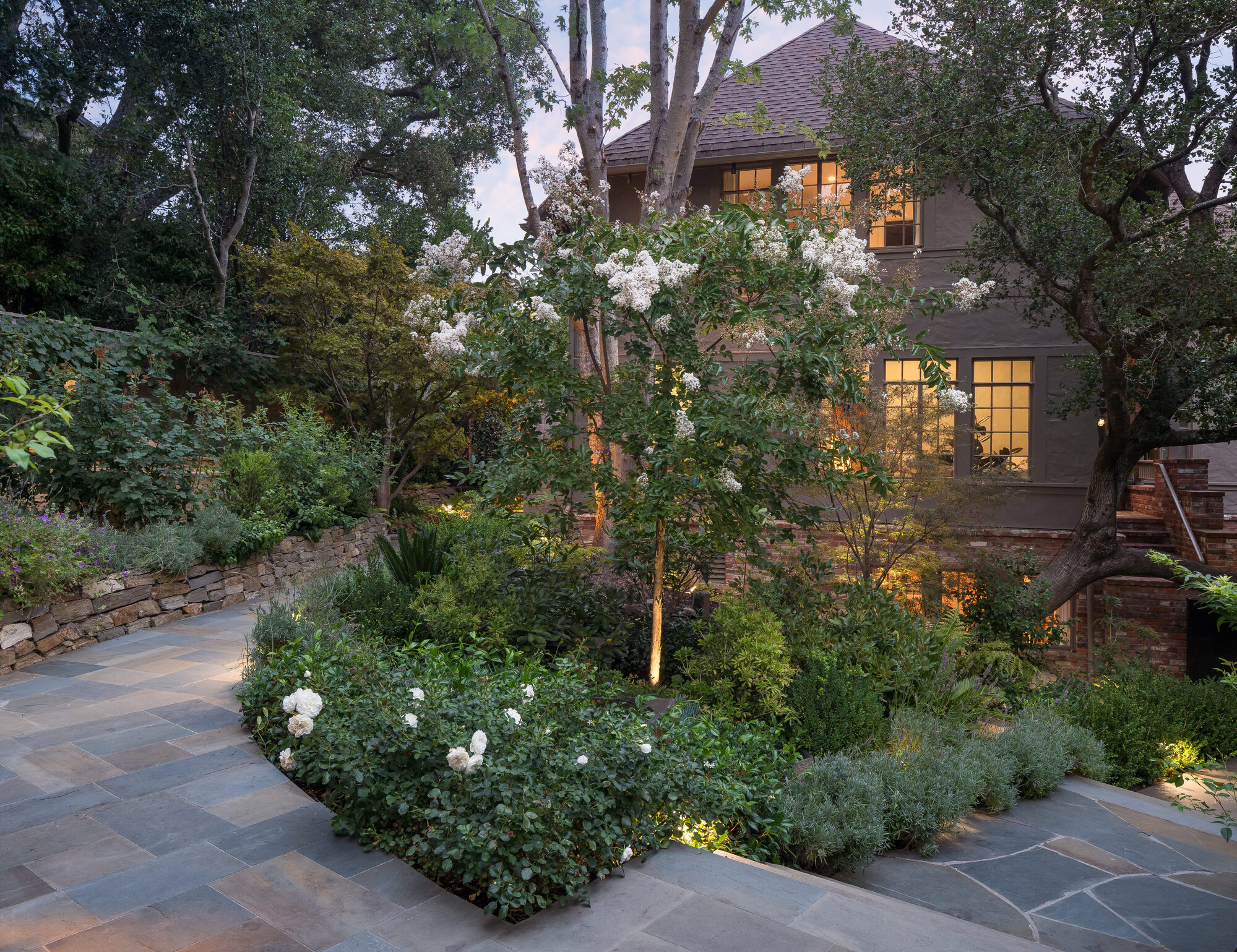
White is a classic color that will always surpass flower trends and bring a sense of calm to your backyard. It's a gentle color and is found in many flowers. 'Always go for a soft white or cream,' recommends Cate Singleton of Tilly Design. 'For example, jasmine, white hydrangeas, and gardenia.'
Another herb that's perfect for creating a calming backyard is chamomile with its cheerful white daisy-like flowers and yellow center. It's not only pretty to look at but also has calming properties and natural pest control qualities.
For Katherine Aul Cervoni, landscape designer and founder of Staghorn NYC and The Cultivation by Kat, white is the perfect base from which to build a more layered and colorful scheme. 'For a tranquil, calming garden aesthetic, I recommend using a color palette of greens and whites with touches of light purple or blue if desired,' she says.
'Hydrangea paniculata or “Bobo” is a favorite white plant for a backyard,’ says Kat. ‘This dwarf cultivar of panicle hydrangea is great for a container and adds a bounty of white blooms from mid-summer through fall.'
2. Call to nature with exclusive use of green
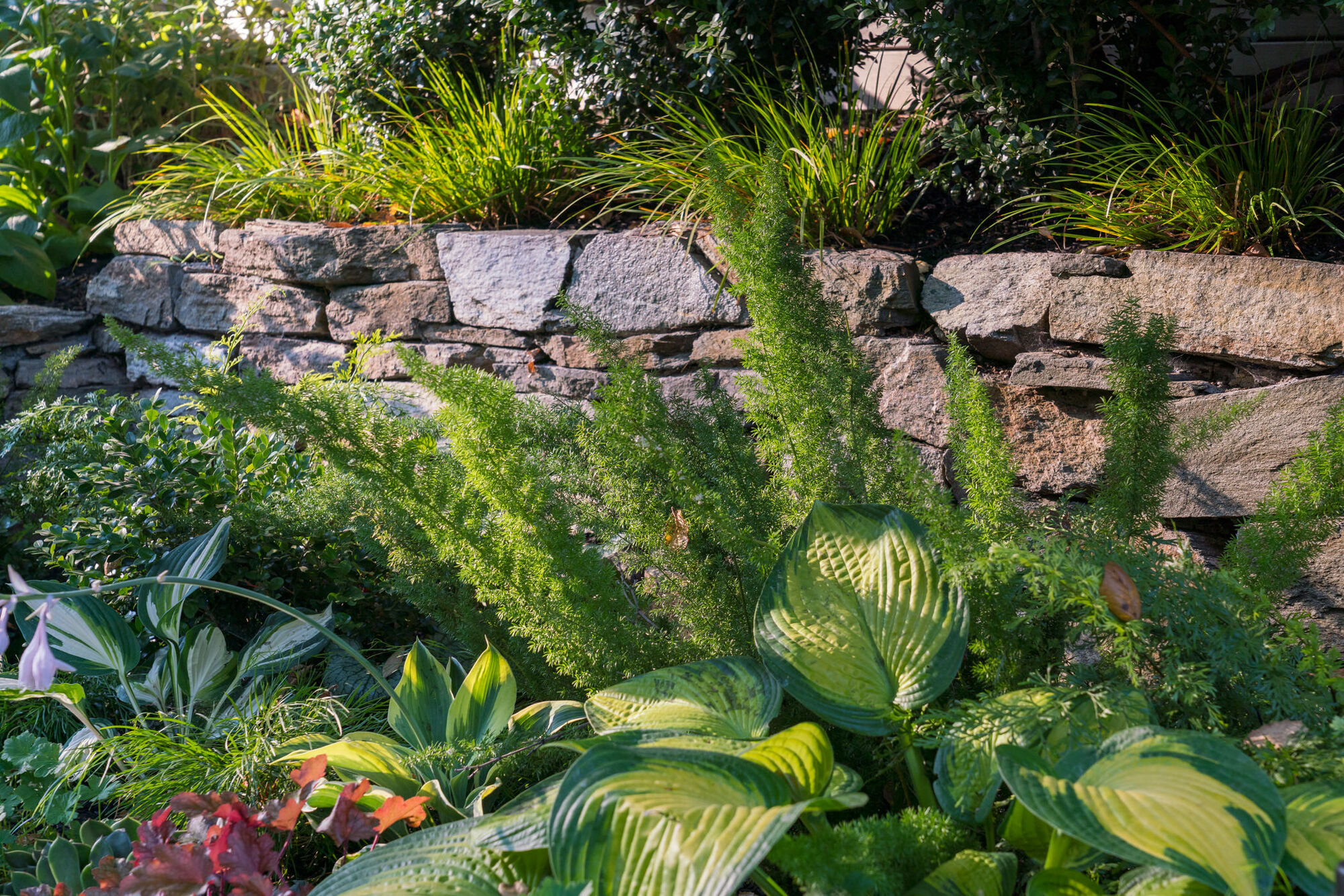
Layers of green make for the perfect color scheme for your backyard for either creating a base on which to build color or for the exclusive use of green. 'Greens are abundant in nature and evoke a sense of tranquility,' says Paul Porjazoski of BENT Architecture.
'A simple palette of different shades of green is a good starting point, and from there you can add accents of color,' says Alexander Symes of Alexander Symes Architect. 'For example, there are many Australian natives with blue and silver-toned foliage, and this contrasts well with orange or yellow flowers and all the other greens,' he says.
The Livingetc newsletters are your inside source for what’s shaping interiors now - and what’s next. Discover trend forecasts, smart style ideas, and curated shopping inspiration that brings design to life. Subscribe today and stay ahead of the curve.
On the flip side, exclusively using tones of green and relying instead on different shades and textures creates dimension and interest in the garden. Think leaves with different shapes and differing sheens, and a mix of foliage plants that creates a wild yet calming look.
'Carex everillo is a great plant to use,' says Kat. 'The chartreuse-colored foliage of this evergreen sedge creates a beautiful fountain effect when planted in containers. I love using them on a patio where they provide all-season color, soft sound and movement in the breeze, and a bit of brightness in shadier spaces.'
3. Warm the space with pops of red, orange and yellow
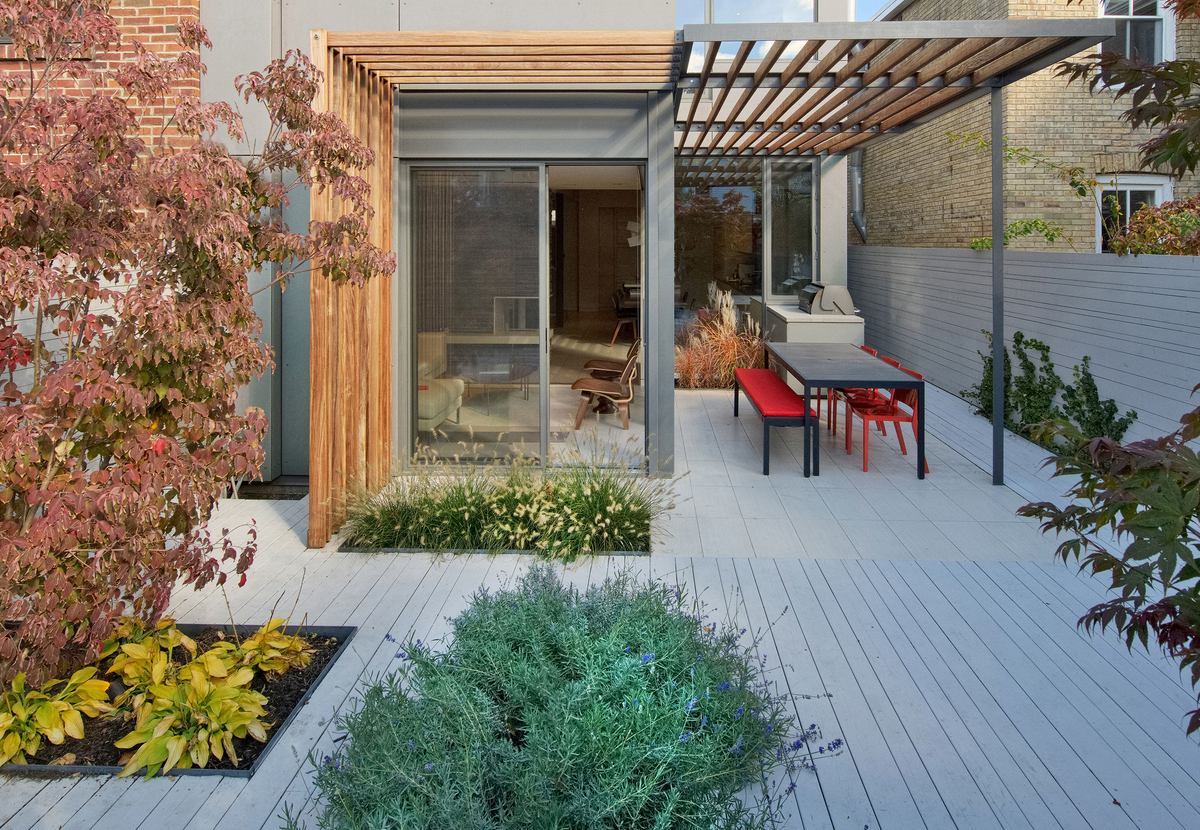
You can also consider plants with golden foliage that glow under the sun or with varying light conditions, or those with fall colors to brighten up gray days with warm pops of red, orange, and yellow.
'Some great examples include red sunset maples, paperbark maples, burning bush, smoke bush, and Japanese maples,' says Paul Sangha, principal of Paul Sangha Creative.
Other favorite red flowers include the amaranth, grown for its edible seeds and ornamental, drooping clusters of flowers. For a pop of color, annual geraniums are a reliable flower, easy to grow in most climates, making them perfect for a low-maintenance garden, and idea for hanging baskets.
4. Or cool-toned hues

Alternatively, look to the other side of the color wheel and choose flowers and plants with cool tones that can bring that coveted serene feel and make your backyard more relaxing. 'It is best to avoid bright, jarring plant colors and instead, opt for cool, contemplative colors like green, blue, purple, and white, which are colors often associated with serene settings found in nature,' says Paul. 'You can also consider plants with golden foliage that glow under the sun or with varying light conditions, or those with fall colors to brighten up gray days. Some great examples in the Pacific Northwest include red sunset maples, paperbark maples, burning bush, smoke bush, and Japanese maples.'
'Blues are reminiscent of clear skies or serene bodies of water and can add a sense of relaxation and peacefulness,' agrees Paul. 'These colors can create a soothing environment where one can unwind and enjoy the beauty of nature.'
One clear example of this is the soft swathe of blue created by lavender bushes. 'Soft blue lavender is a calming plant, as well as blue hydrangeas and catmint, which looks a lot like lavender,' says Cate. Plumbago is another blue flower to bring to your garden, a shrub that can grow up to 10 feet tall and is prized for its delicate blue flowers.
For more muted grey-green tones, go for the likes of texas sage, lamb’s ear, or blue fescue grass, advises Cate.
5. Go for uplifting pinks
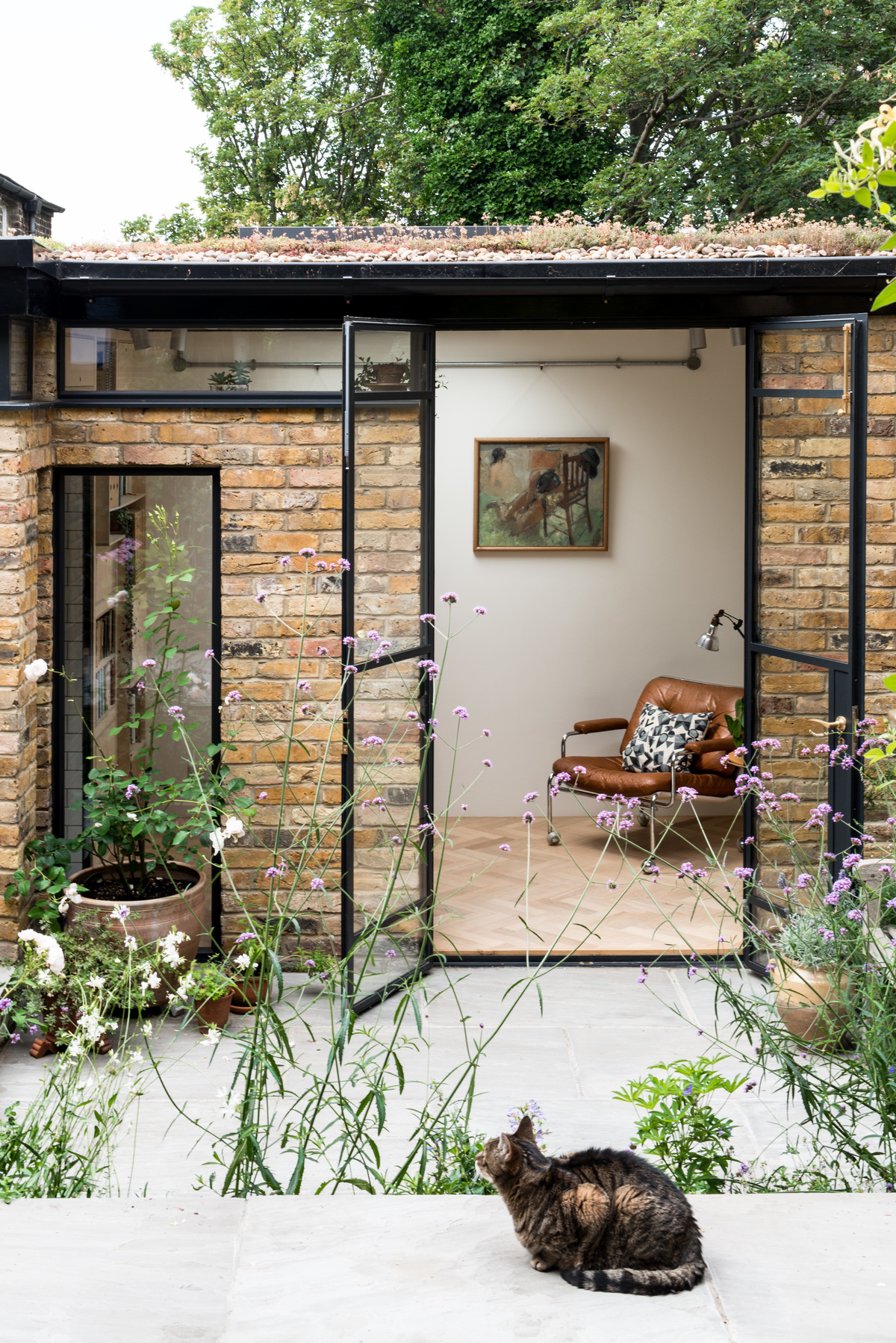
When landscaping with flowers, pink is a color that has an uplifting quality and feels warm and calming all at once. 'Light pink spring blooms such as rhododendron ‘pink pearl’ or the peachy-toned flowers of agastache rupestris (or licorice mint) are ‘warmer’ colors that also provide a sense of serenity and lightness,' says Christian Bendsen, horticulturist at Paul Sangha Creative.
Rhododendrons come into their own around springtime, when large blooms burst from the dark green bushes. Other pink flowering plants include hollyhock, which has a country cottage charm to it, and the showy fuchsia flower with its pleasing pink and purple draping, lantern-like flowers. 'In terms of flowers, I also love peonies, cherry blossoms, and soft pink roses,' adds Cate.
3 pink flowers for a calming backyard
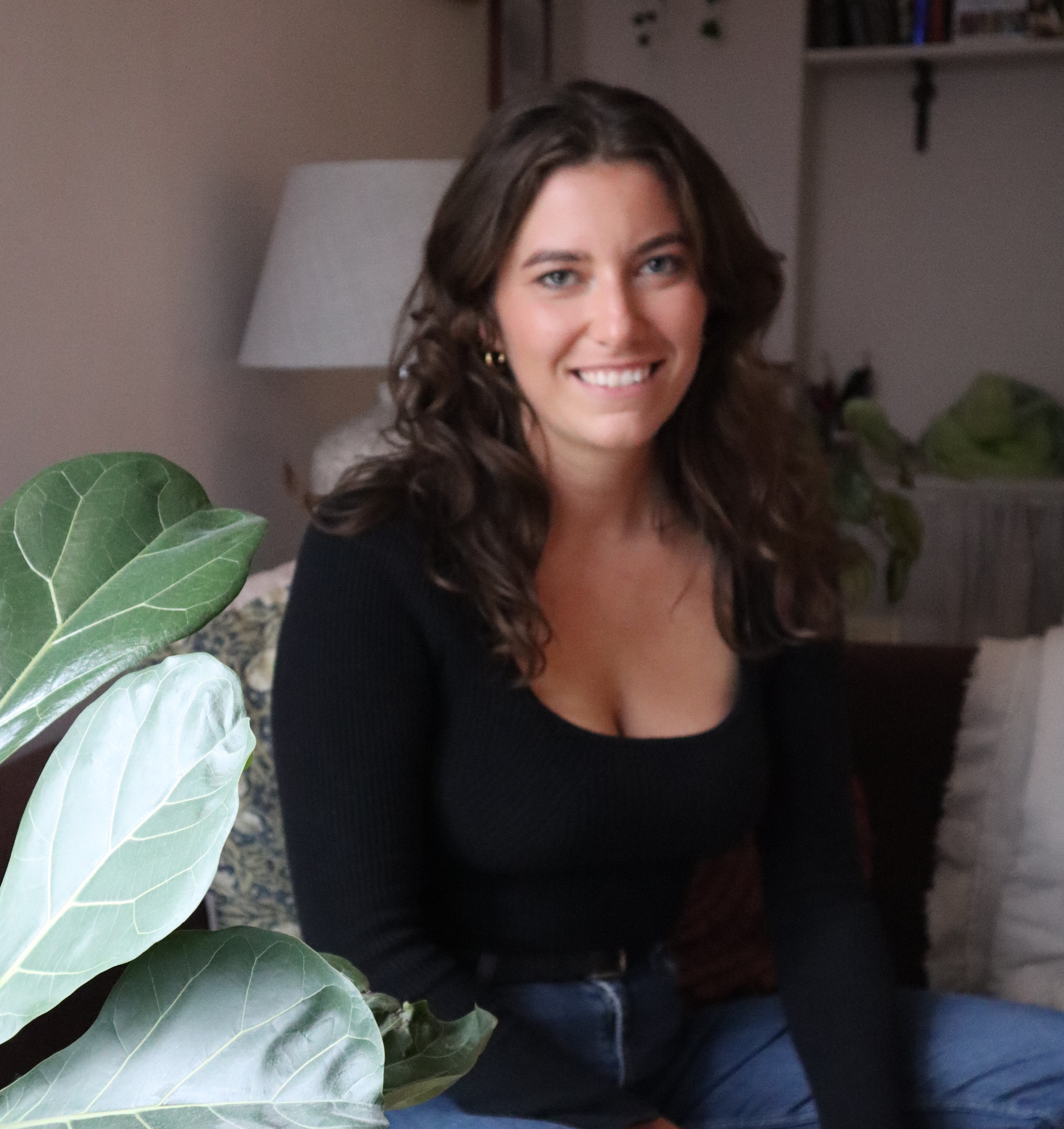
Former content editor at Livingetc.com, Oonagh is an expert at spotting the interior trends that are making waves in the design world. She has written a mix of everything from home tours to news, long-form features to design idea pieces, as well as having frequently been featured in the monthly print magazine. She is the go-to for design advice in the home. Previously, she worked on a London property title, producing long-read interiors features, style pages and conducting interviews with a range of famous faces from the UK interiors scene, from Kit Kemp to Robert Kime. In doing so, she has developed a keen interest in London's historical architecture and the city's distinct tastemakers paving the way in the world of interiors.
